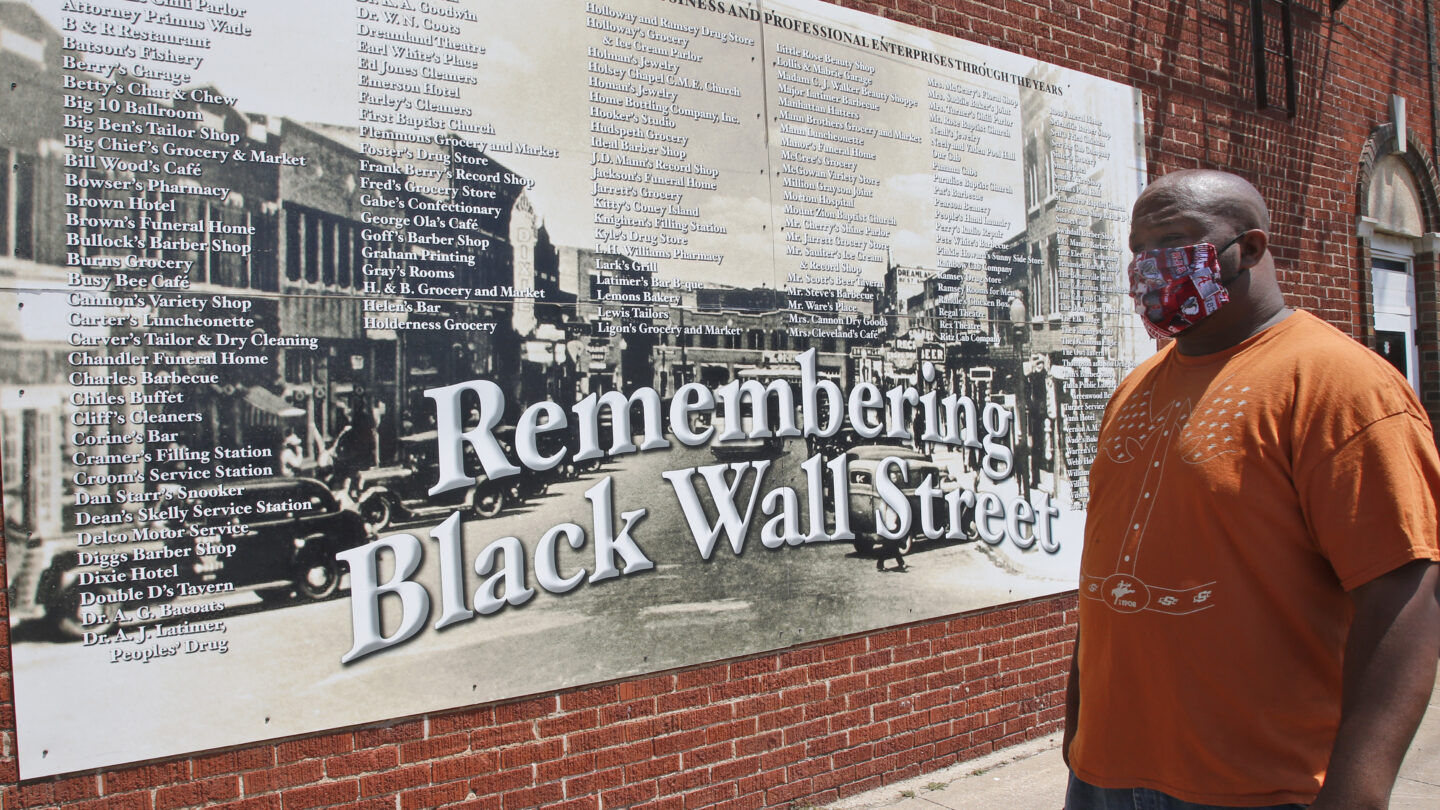From 1900 to 1930, many Black business communities in the United States thrived, including right here in Atlanta.
Dr. Leon Prieto, a professor of management at Clayton State University and director of the university’s Center for Social Innovation & Sustainable Entrepreneurship, refers to this as the “Golden Age” of black business.
He and colleague Dr. Simone Phipps say this success was built on a cooperative economic mindset rooted in traditional African ideology.
They recently published an article that highlights how companies and leaders can learn from Black innovators of the “Golden Age” in order to combat the racial and wealth gap and support the growth of Black businesses today.
Prieto said earlier African-American communities benefited from this cooperative advantage, but that it was in large part lost following the Great Depression. He joined WABE’s “All Things Considered” to talk about lessons learned from this history.









